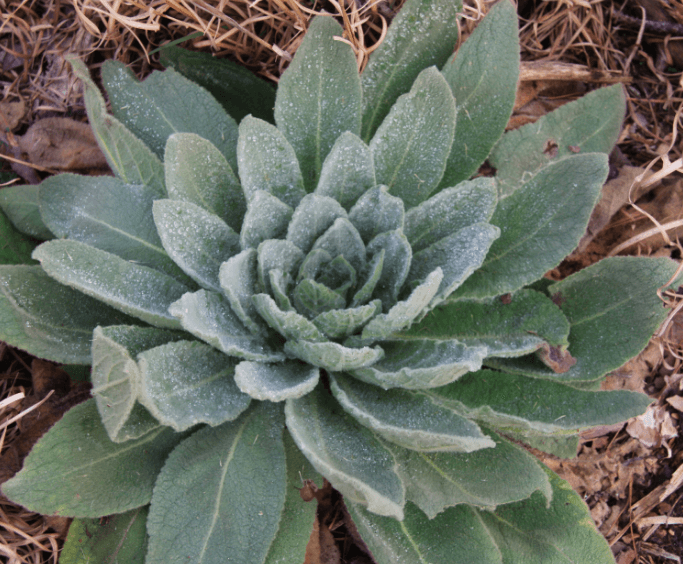Gastritis
Definition:
Gastritis describes a group of conditions with one thing in common: inflammation of the lining of the stomach. The inflammation of gastritis is most often the result of infection with the same bacterium that causes most stomach ulcers. Injury, regular use of certain pain relievers and drinking too much alcohol also can contribute to gastritis.
Gastritis may occur suddenly (acute gastritis), or it can occur slowly over time (chronic gastritis). In some cases, gastritis can lead to ulcers and an increased risk of stomach cancer. For most people, however, gastritis isn’t serious and improves quickly with treatment.
Signs & Symptoms:
Gastritis doesn’t cause noticeable symptoms in everyone, but the most common symptoms are:
nausea and vomiting
a feeling of fullness in your upper abdomen, particularly after eating
indigestion
If you have erosive gastritis, you might experience different symptoms, including:
black, tarry stool
vomiting of blood or material that looks like coffee grounds
Cause:
Weakness in your stomach lining allows digestive juices to damage and inflame it, causing gastritis. Having a thin or damaged stomach lining raises your risk for gastritis. Also, certain conditions and activities increase your risk for developing gastritis.
A gastrointestinal bacterial infection can cause gastritis. The most common is infection with Helicobacter pylori, a bacterium that infects the lining of the stomach. Its usually passed from person-to-person, but it can also be transmitted through contaminated food or water.
Other risk factors include:
extreme alcohol consumption
routine use of nonsteroidal anti-inflammatory drugs (NSAIDs) like ibuprofen and aspirin
cocaine use
age, because the stomach lining thins naturally with age
Other, less common, risk factors are:
stress caused by severe injury, illness, or surgery
autoimmune disorders
digestive disorders like Crohns disease
viral infections
How To Cure:
- Strawberries
Strawberries can also help heal gastritis due to their antioxidant property and high content of phenolic compounds. It can help prevent the start of inflammation in the stomach lining.
In a 2011 study, European researchers concluded that regular consumption of strawberries can help reduce the harm that alcohol causes to the stomach mucous membrane.
Add 1 tablespoon of dried strawberry leaves to a cup of hot water. Let it steep for 5 minutes, then strain. Drink it 2 or 3 times daily until the gastritis symptoms subside.
To prevent gastritis, eat a few strawberries daily.
- Chamomile
Chamomile tea may also be very helpful in treating gastritis. It is rich in certain essential oils that are beneficial for the digestive system. It can even soothe the intestinal walls, providing relief from sudden pains, and eliminate gas. Plus, it can reduce stomach inflammation and thus reduce the risk of ulcers.
Add 1 or 2 teaspoons of dried chamomile flowers to 1 cup of hot water.
Cover and allow it to steep for 5 to 10 minutes.
Strain, then add some honey.
Drink this tea several times daily for a week.
Note: Do not boil this herb as its active compounds will be destroyed.
- Yogurt
Yogurt is a good addition to your diet, especially when suffering from gastritis. Yogurt with active live cultures is particularly beneficial in this regard.
The probiotics present in yogurt help protect your stomach lining from H. pylori bacteria that causes gastritis. Also, yogurt boosts the immune system to fight off infection more quickly.
Eat 2 to 3 cups of plain probiotic yogurt daily until you get relief.
You can also try a yogurt, banana and honey smoothie. Drink it 2 or 3 times a day for quick recovery.

